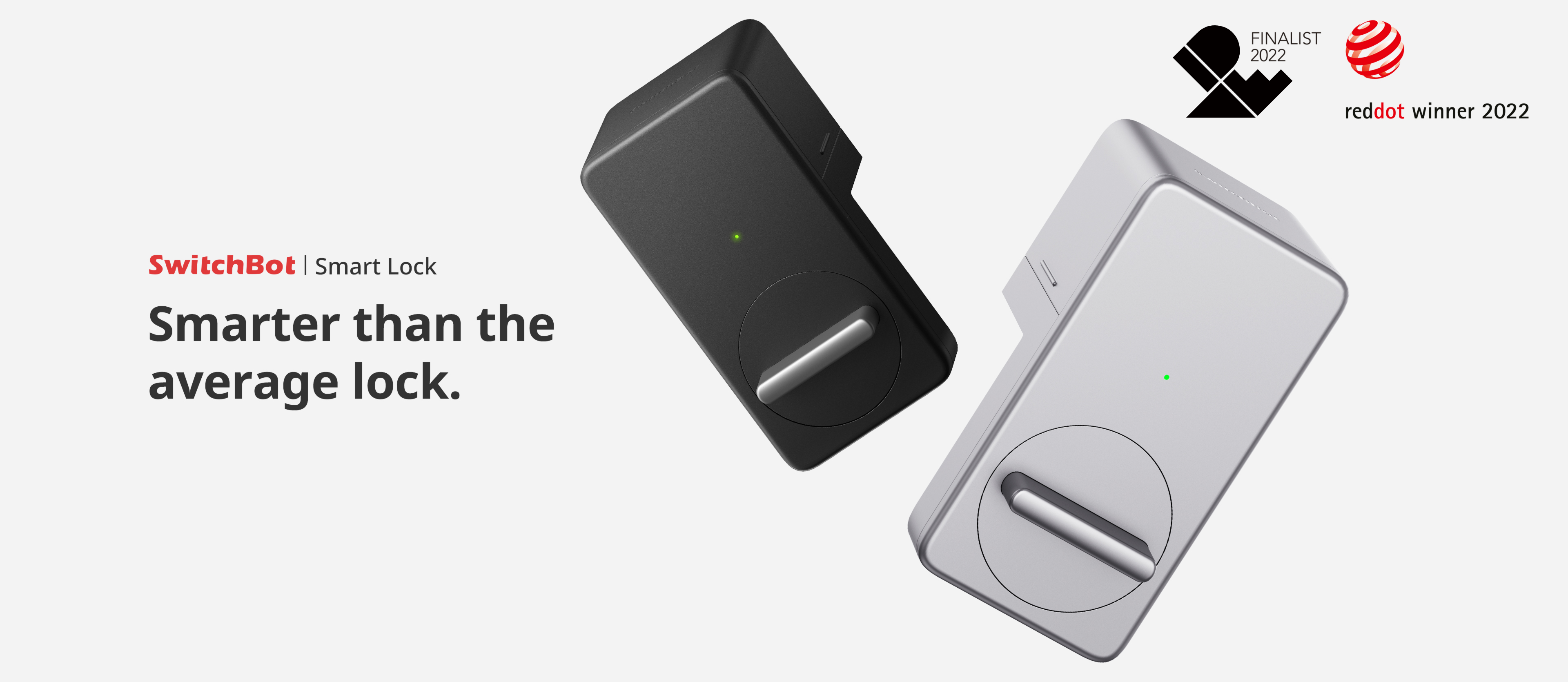Unlocking the Future: Discover the Magic Behind Smart Locks and Why You Need One Now!
In an age where technology continues to reshape our lives, the realm of home security is no exception. Enter the smart lock—an innovative solution that combines convenience, security, and cutting-edge technology to protect your home. As we transition from traditional locks to smart locks, the importance of understanding how these devices work becomes paramount. Smart locks not only provide security but also integrate seamlessly with our smart home systems, allowing for a level of control and accessibility never before possible. In this article, we will delve into the fascinating functionality of smart locks, explore their myriad benefits, and highlight the essential features you should look for when considering an upgrade to your home security system.

How Smart Locks Work
Smart locks operate using a blend of modern technology that includes Wi-Fi, Bluetooth, and mobile applications. At their core, these locks replace traditional key mechanisms with electronic components that communicate wirelessly. For instance, when you approach your door with your smartphone, the Bluetooth connection activates, allowing the lock to recognize your device and unlock automatically. This eliminates the hassle of fumbling for keys, especially when your hands are full. Additionally, many smart locks can connect to home automation systems, enabling functionalities such as locking or unlocking your door remotely through an app or setting schedules for automatic locking. This seamless integration not only enhances convenience but also provides a heightened sense of security and control over your home environment.
Benefits of Smart Locks
The advantages of smart locks extend far beyond mere convenience. Enhanced security is one of the most significant benefits; smart locks often feature advanced encryption protocols that protect against unauthorized access. They also allow for keyless entry, which means you don't have to worry about losing or misplacing traditional keys. A personal anecdote from a friend highlights this benefit—after installing a smart lock, they were able to provide temporary access codes for visitors or service personnel, which could be easily revoked after use. This feature not only adds convenience but also peace of mind, knowing that you can monitor who enters your home. Moreover, many smart locks come equipped with monitoring features, alerting you through an app whenever someone accesses your door, thereby enhancing your home security system.
Key Features of Smart Locks
When considering a smart lock, several key features should be at the forefront of your decision-making process. Compatibility with existing smart home systems is crucial; you want a lock that can seamlessly integrate with your current setup, whether that includes smart lighting, cameras, or alarm systems. Additionally, look for locks with battery backup systems to ensure continued functionality in the event of a power outage. Consider security protocols as well; locks that offer two-factor authentication and robust encryption can provide an added layer of protection against cyber threats. User-friendliness is another important aspect—whether through a straightforward installation process or an intuitive app interface, a smart lock should be easy to use. Lastly, design considerations shouldn't be overlooked; a smart lock should not only function well but also complement the aesthetics of your home.
Considerations Before Purchase
Before making the leap to purchase a smart lock, several considerations should guide your choices. Installation requirements can vary significantly; some locks may be straightforward to install yourself, while others may require professional assistance. Connectivity options also play a critical role; ensure that the lock you choose is compatible with your home's Wi-Fi or Bluetooth setup. Additionally, be mindful of your budget, as smart locks can range widely in price based on features and brand reputation. Customer support is another vital factor; a lock with a solid warranty and readily available customer service can provide peace of mind should any issues arise post-purchase. Taking the time to evaluate these considerations will ensure that you select a smart lock that meets both your security needs and lifestyle preferences.
Smart Lock Upgrade Insights
In conclusion, the transition to smart locks represents a significant advancement in home security, offering enhanced safety, convenience, and control. As we have explored, smart locks operate through advanced technology, provide numerous benefits, and come with essential features that cater to modern living. Upgrading to a smart lock is not just an investment in technology; it is an investment in peace of mind. We encourage you to evaluate your current security needs and consider making the switch to a smart lock, ensuring that your home remains a safe haven in an increasingly connected world.








